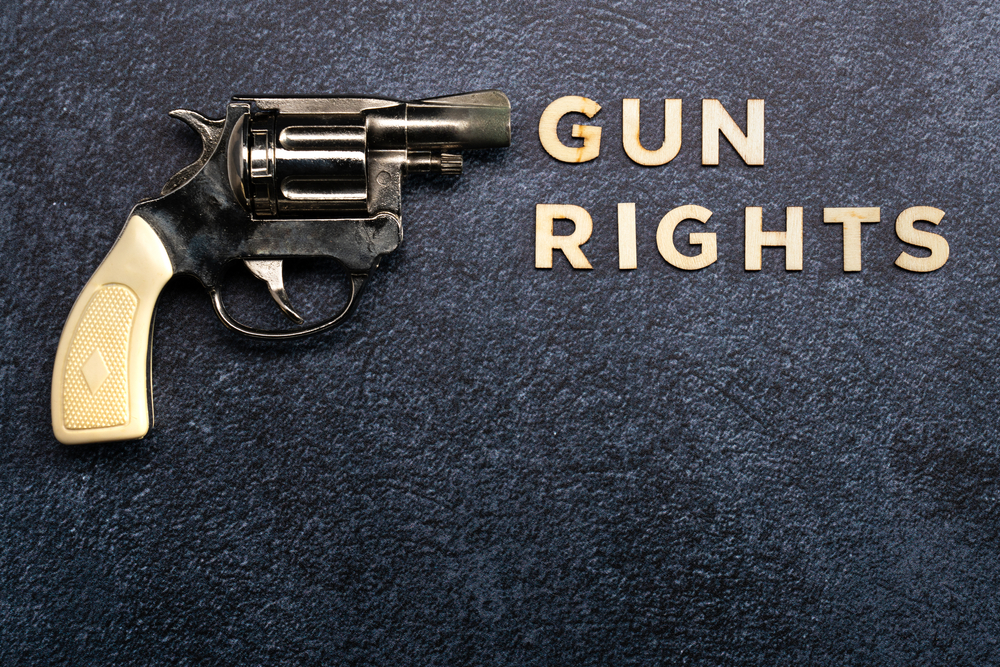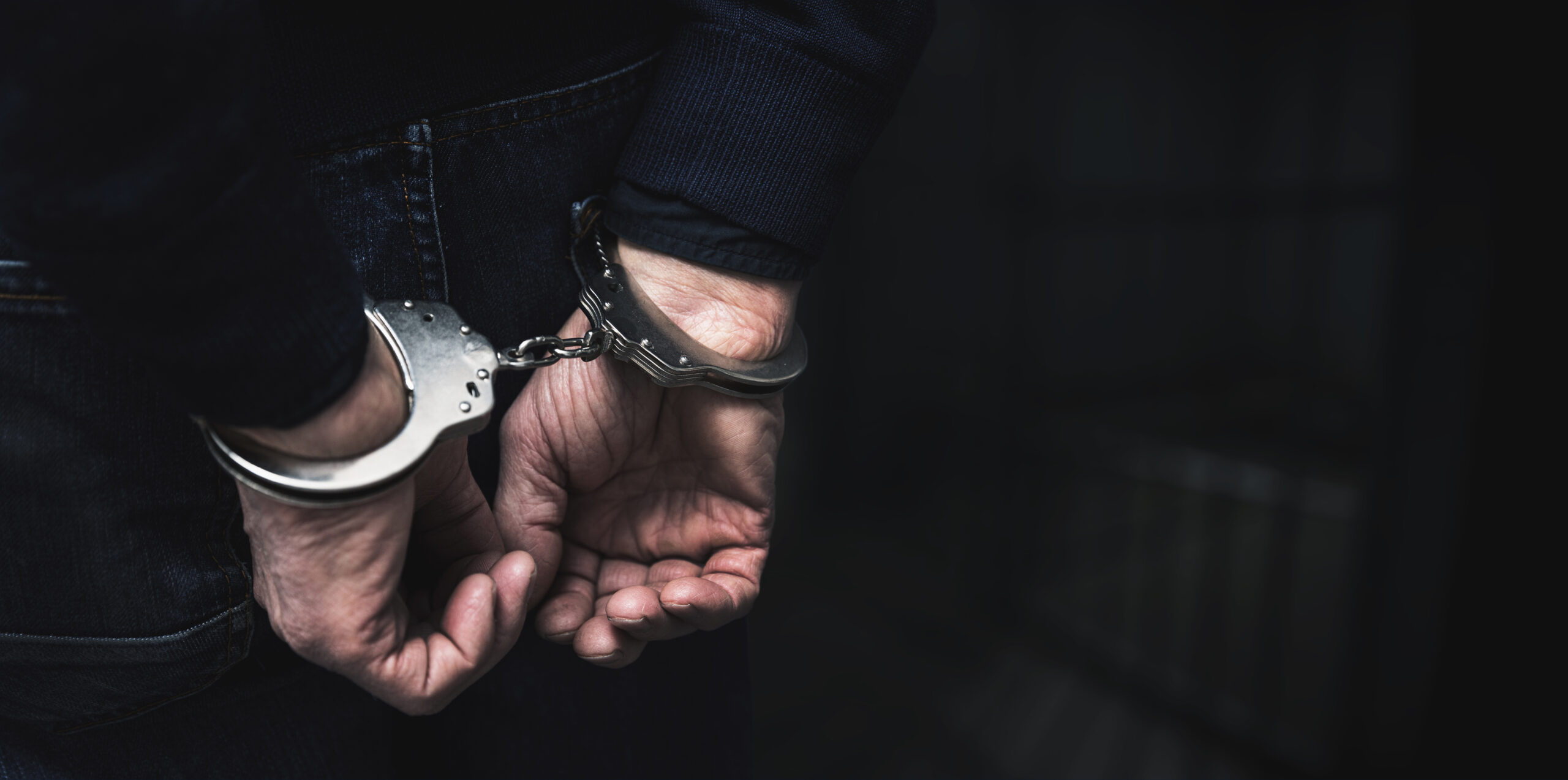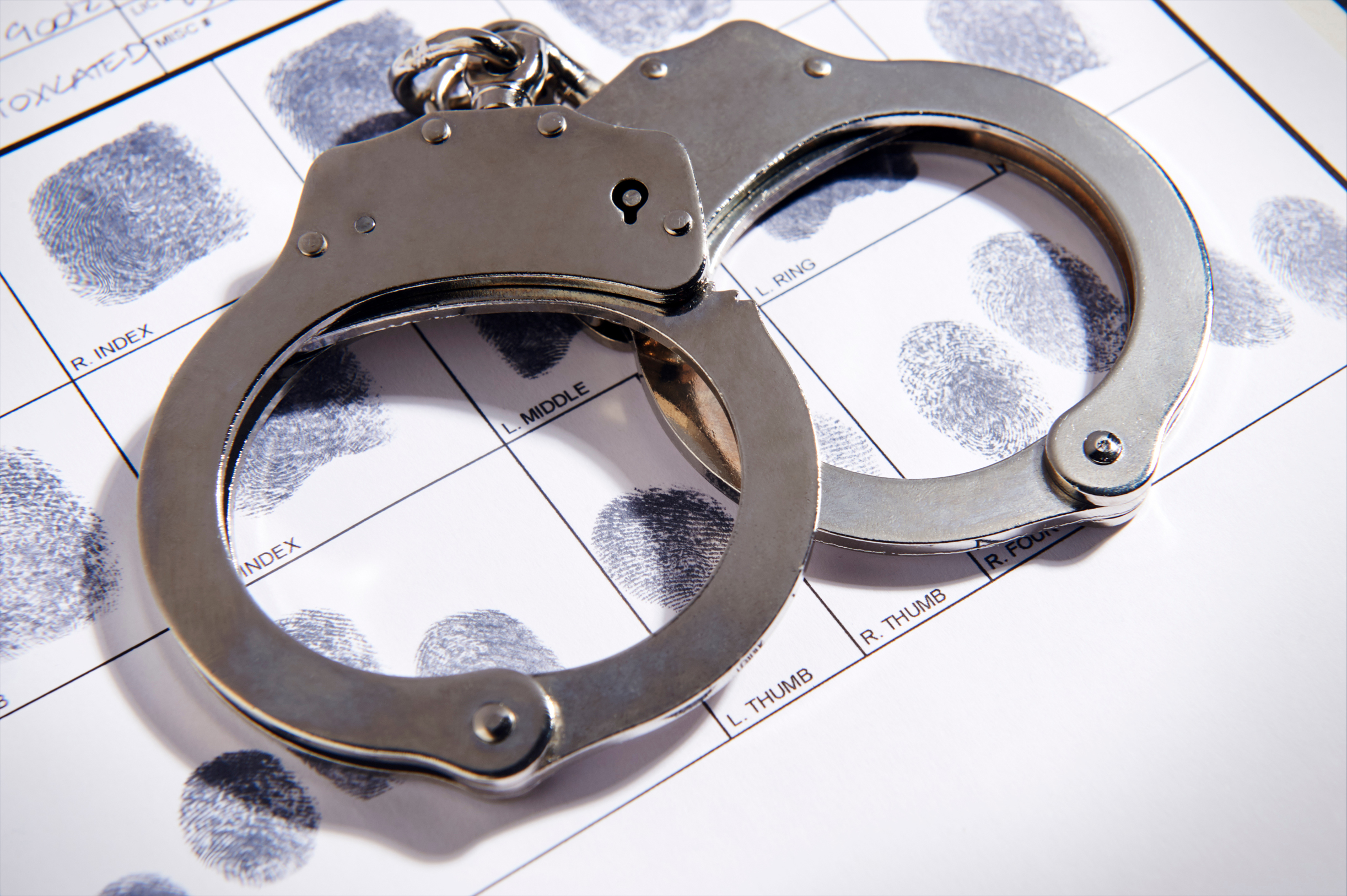One penalty associated with some criminal convictions is the loss of gun rights. If you lost your gun rights after a criminal conviction in Pennsylvania, you could have them restored through a pardon or expungement.
A criminal conviction can be a heavy burden on you in many ways. Jail time and costly fines are never easy, but in most cases, those penalties are eventually resolved. However, some criminal convictions could have permanent consequences. One of those consequences is the loss of your right to possess or carry a firearm.
There are steps you can take under the law to have these rights returned to you. While success is never guaranteed, many people can have their rights restored after receiving a pardon from the governor. A Montgomery County gun crime lawyer from McKenzie Law Firm, P.C. can help restore your gun rights in Pennsylvania.
Crimes Leading to Loss of Gun Rights in Pennsylvania
Felony Convictions:
- Felonies are the most common reason for losing gun rights. In Pennsylvania, any conviction for a felony, whether violent or non-violent, generally results in a lifetime ban on possessing firearms. This includes both state and federal felonies.
- Violent felonies such as murder, rape, robbery, and aggravated assault are particularly scrutinized.
- Non-violent felonies, such as drug trafficking or major fraud, also lead to a loss of gun rights.
Certain Misdemeanor Convictions:
- Not all misdemeanors result in the loss of gun rights, but specific ones do. For example, any conviction for a crime involving domestic violence, whether classified as a misdemeanor or felony, will result in a loss of firearm rights under federal law (
- Misdemeanor crimes of violence, which include assault and battery, can lead to a ban.
- Crimes involving drug use or possession may also result in the loss of gun rights, especially if they indicate a pattern of substance abuse.
Domestic Violence and Protection from Abuse Orders:
- Being subject to an active Protection from Abuse (PFA) order typically results in the temporary loss of the right to possess firearms. This is to protect the victim from potential harm.
- Convictions for domestic violence, including misdemeanor offenses, lead to a permanent loss of gun rights.
Drug Offenses:
- Convictions for controlled substance violations, particularly those involving distribution or trafficking, result in a ban on firearm possession.
- Repeated convictions for drug possession may indicate habitual drug abuse, which can also lead to losing gun rights.
Mental Health Adjudications:
- Individuals who have been involuntarily committed to a mental institution or adjudicated as mentally incompetent by a court lose their firearm rights.
- The intent is to prevent individuals who may pose a danger to themselves or others due to mental illness from having access to firearms.
Juvenile Offenses:
- Serious offenses committed as a juvenile can result in a ban on gun ownership. This typically includes violent felonies or crimes involving firearms committed by juveniles.
Restoration of Firearm Rights in Pennsylvania Is Possible With a Pardon
It is important to remember that in most situations, a person convicted of certain criminal charges will lose their right to own a firearm under both state and federal law. That means that while this loss of rights is not always permanent based on state law, federal law will typically result in permanent prohibition.
The good news is that it could be possible to address both state and federal prohibitions in a state court action. This is possible through a pardon by the governor. A pardon could lead to the return of all your civil rights—including those related to owning a firearm.
Of course, the Governor of Pennsylvania does not have blanket authority to pardon anyone they want. Instead, the law allows the governor to pardon a person convicted of a crime only following the recommendation from the Pennsylvania Board of Pardons.
This recommendation must be unanimous for anyone convicted of a life sentence. In all other cases, only a majority of the board must favorably recommend a pardon. Without the appropriate recommendation from the board, the governor does not have the power to act.
Understanding the Pennsylvania Board of Pardons’ Role in Gun Rights Restoration
The Pennsylvania Board of Pardons plays an essential role in determining who will get a fresh start following a criminal conviction. Understanding the makeup and purpose of this board could be helpful to anyone hoping to see their conviction eventually pardoned by the governor.
The Board of Pardons is made up of five members. The group is a mix of private citizens and elected officials. The lieutenant governor serves as the chairman of the board, and the attorney general is also a member. The final three spots are reserved for private citizens appointed by the governor.
The governor does not have free rein to make these final three selections, however, since each seat must be held by a person with a specific background. One member must be a corrections expert, the second a representative of crime victims, and the third a psychiatrist, psychologist, or doctor of medicine.
Applying for a Pardon to Restore Your Gun Rights in Pennsylvania
The Board of Pardons will not take up a case on their own. Instead, a person seeking a pardon must file an application with the board. There is no monetary cost for filing this application, and forms can be found online.
The application contains several questions that relate to a person’s conviction. In addition to answering questions, the application should include photos of the applicant.
While it is possible to seek a pardon on your own, doing so could put your case at risk. There are numerous factors the board must consider when evaluating your application, and any deficiency could make it unlikely for you to succeed.
Given the complexity of the process, having professional guidance can significantly improve your chances of a successful pardon application. Our attorney can assist you with:
- Understanding the Requirements: We help you comprehend all the questions and requirements in the application, ensuring your responses are thorough and accurate.
- Gathering Documentation: We assist in collecting all necessary documents, including photos and any other relevant materials that can support your application.
- Submission and Follow-Up: We ensure your application is submitted correctly and on time. Additionally, we follow up with the Board of Pardons to monitor its status and address any issues that may arise.
- Addressing Deficiencies: If your application has any deficiencies, we can help address them promptly to avoid delays or rejections.
By working with our legal team, you can navigate the pardon application process more effectively and increase your chances of obtaining a pardon.
Expungement Is Another Option for Getting Your Gun Rights Restored in Pennsylvania
For many people, a pardon is the only option for restoring their gun rights. However, some individuals could see these rights restored through the expungement process.
Expungement is a legal process that allows individuals to have their criminal records sealed or erased, effectively removing the record from public view. This process is crucial for those seeking to improve their employment prospects, housing opportunities, and overall quality of life, as it prevents potential employers, landlords, and others from accessing past criminal information.
Expungement typically requires a court order and may involve meeting specific criteria, such as completing a sentence, maintaining a clean record for a certain period, and demonstrating rehabilitation. Each jurisdiction has its own rules and procedures for expungement, making legal guidance essential.
While a pardon waives the penalties and restores a person’s civil rights following a conviction, expungement is as if the person was never convicted.
Most serious crimes on your criminal record—including those that could result in the loss of your gun rights—are not available for expungement. Often, this process is reserved for removing non-conviction records. The circumstances where expungement could help with your gun rights might be limited, but it may be worth speaking with a Montgomery County criminal defense lawyer to learn more.
Cost of Getting Your Gun Rights Restored in Pennsylvania
Since a crime punishable by loss of firearms rights is often a serious criminal offense, the restoration process can be time-consuming and expensive.
It can cost anywhere from $5,000 to $10,000 to seek the restoration of your firearm rights. Before beginning the process, please consider the cost generally associated with this type of case.
Factors That Could Affect Your Firearm Rights Restoration Claim
Restoration of firearms rights is possible, depending on the circumstances of your case. Legal representation from a knowledgeable criminal defense attorney could prove beneficial. Whether restoration is through expungement or an official pardon, your attorney must typically show that you can own or handle a firearm without risk to yourself or others.
The process involves several steps and stringent criteria. An attorney will review your criminal record to determine eligibility and advise on the most suitable approach—expungement, pardon, or another legal remedy. The attorney will gather evidence to demonstrate your rehabilitation and responsible behavior, such as character references, employment history, and community involvement. They will also help navigate the legal complexities and paperwork, ensuring all submissions are accurate and timely.
Furthermore, the attorney will represent you in hearings or meetings with the relevant authorities, advocating on your behalf. Successfully restoring firearms rights requires clearly presenting your case, emphasizing the absence of any threat to public safety. Professional legal assistance increases your chances of achieving a favorable outcome and regaining your Second Amendment rights.
Your ability to secure a pardon may depend on whether you lost your gun rights due to a misdemeanor or felony violation and if your charges involved violent crimes, such as aggravated assault or domestic violence.
A firearms attorney familiar with Pennsylvania laws can help you understand the pardon process and provide legal advice regarding whether gun rights restoration is possible in your case.
FAQs About Having Your Gun Rights Restored
Can my gun rights be restored through expungement?
If you were charged with a misdemeanor 2 or 3 and the offense did not involve violence, you may qualify to have your gun rights restored via expungement.
Can my gun rights be restored through pardon?
You may qualify to have your gun rights restored through a pardon if you were charged with a misdemeanor 2 or 3 and the incident involved violence, you were charged with a misdemeanor 1, or you were charged with a felony.
What is the process for applying for a pardon to restore my gun rights?
The pardon process takes a minimum of one year. Our office will retrieve your file from the clerk and apply for a pardon for the enumerated offenses. We will then argue why the pardon should be granted.
What do you charge to seek a pardon to restore gun rights?
The starting cost for this service starts at approximately $5,000. We offer payment plans.
Talk to a Pennsylvania Criminal Defense Law Firm About the Restoration of Your Gun Rights
There are options for restoring your gun rights in Pennsylvania, but there is no guarantee your application will be accepted. It can be difficult to obtain a pardon or an expungement, especially when you are acting on your own.
If you have questions about restoring your gun rights in Pennsylvania, our firm has answers. The McKenzie Law Firm, P.C. team is ready to help you evaluate your options and restore your rights.
To get started, contact us for your initial consultation.




